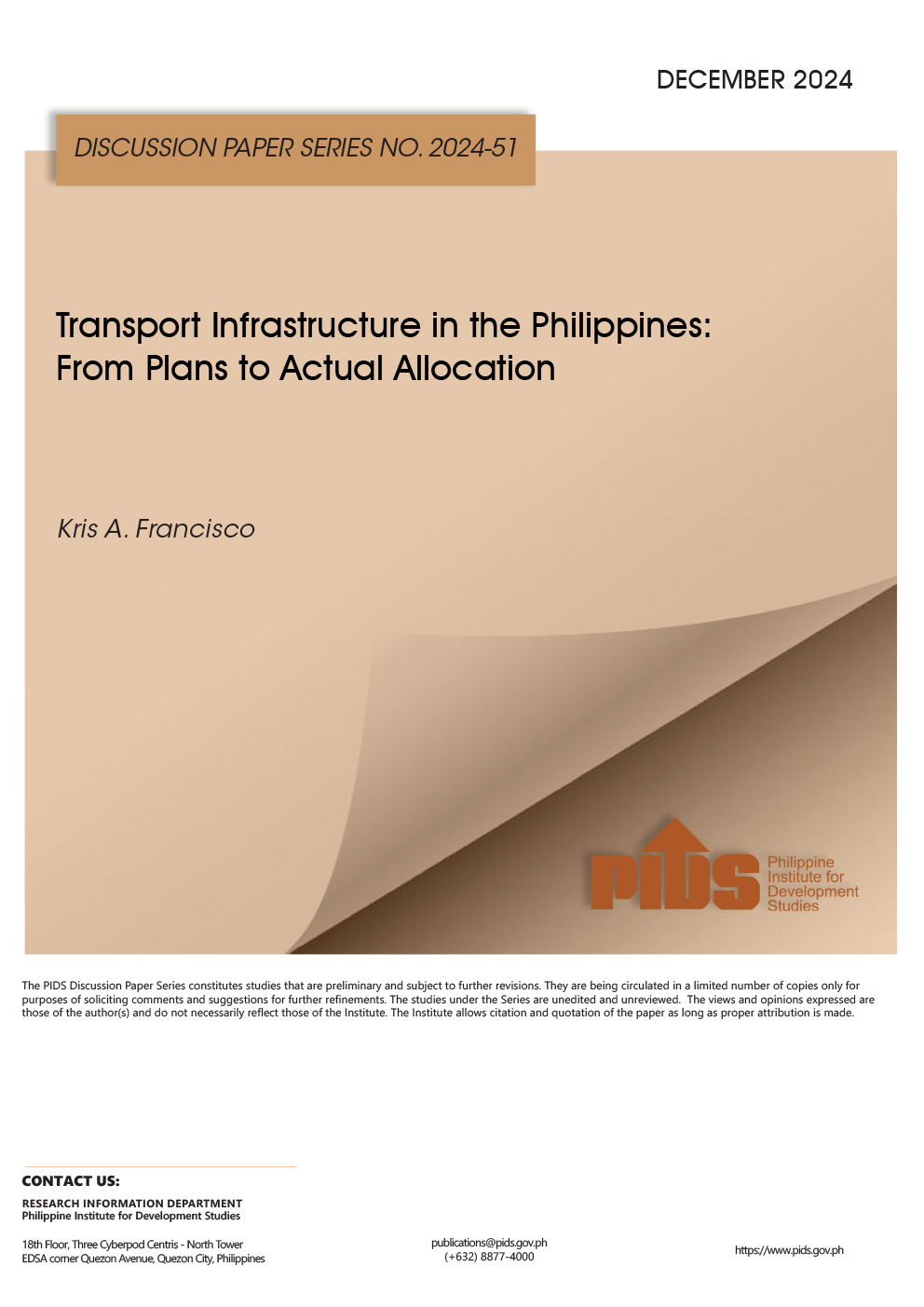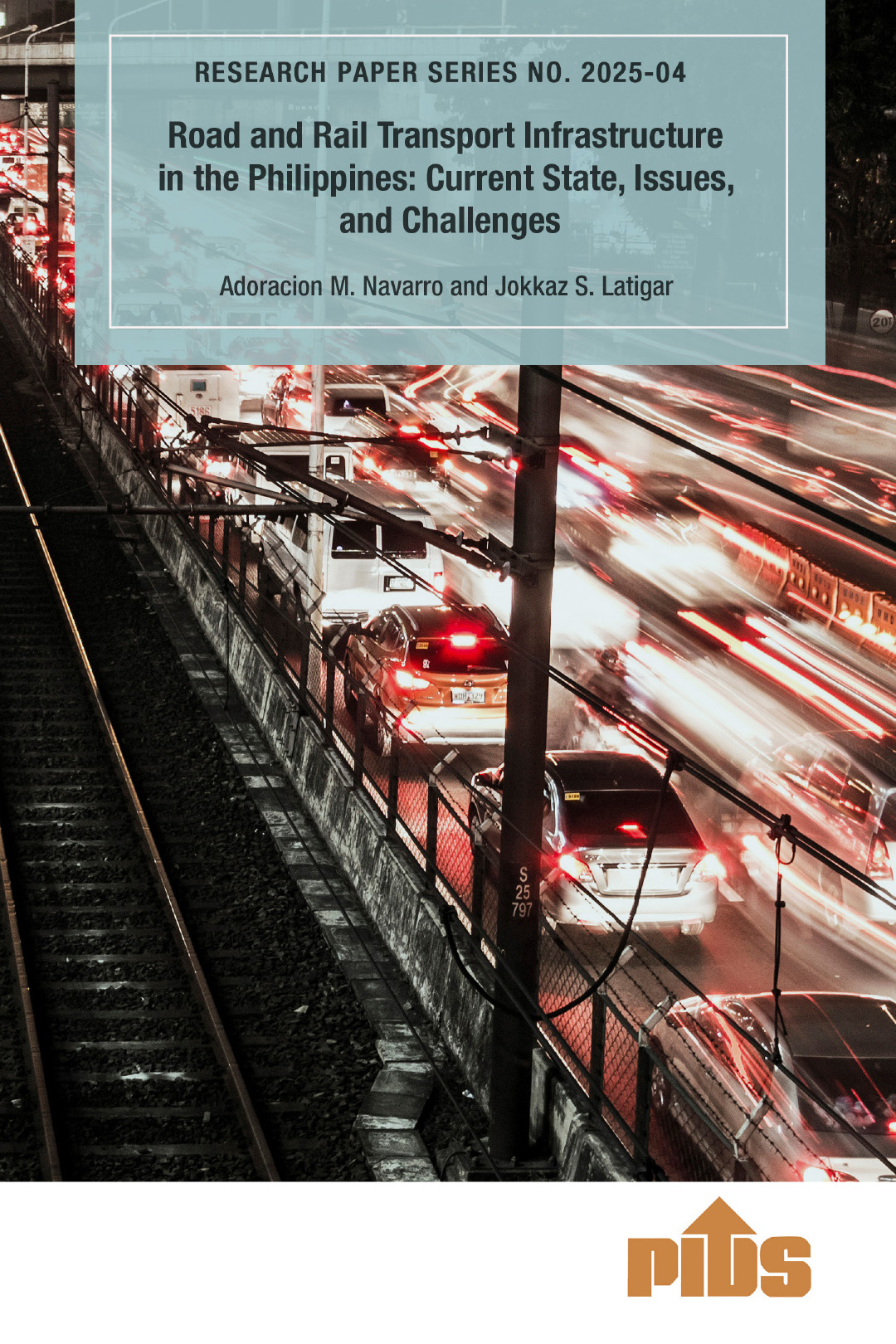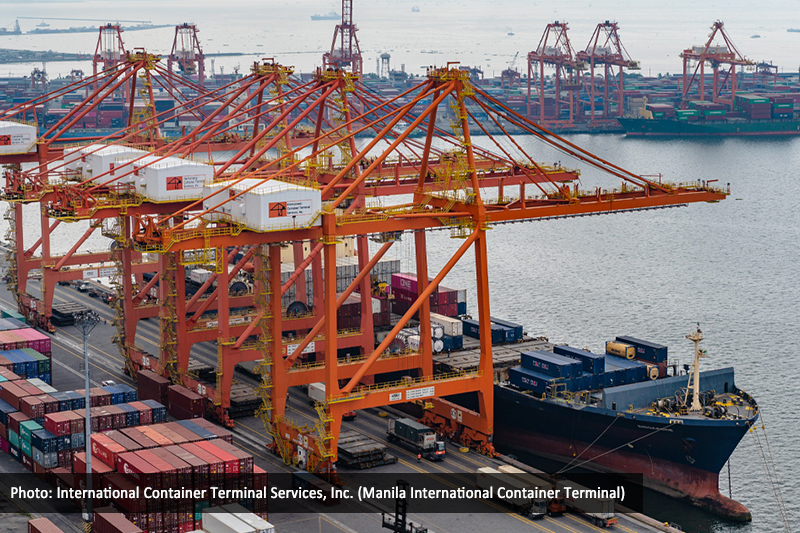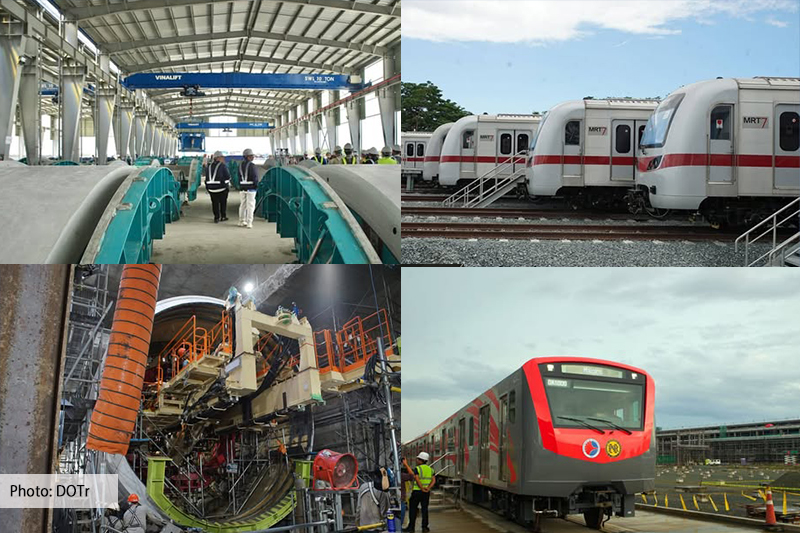The recent study by the Philippine Institute for Development Studies (PIDS) casts a stark light on the realities that beleaguer our local economies: the undeniable havoc wreaked by electricity supply interruptions.
The figures are more than troubling, with Iloilo City and province alone accounting for losses amounting to billions of pesos due to power outages.
Yet, what’s more alarming is the systemic inertia that has allowed such outages to persist and proliferate.
Blackouts are not just inconveniences; they are economic hemorrhages that drain local government coffers, stifle business operations, and compromise public services.
With each power cut, we see a dwindling in local government incomes, a setback for businesses, and a scaling back of crucial services like housing and community development.
The ripple effects are undeniable, and the solutions must be as impactful as the problems are profound.
Electric Cooperatives (ECs), at the heart of these outages, stand at a crossroads. The traditional approach to managing power distribution is evidently faltering under the weight of contemporary demands.
The call now is for these cooperatives to embrace a culture of truthfulness about their operational realities. They must step out of the shadows of outdated practices and into the light of transparency and accountability.
As primary distributors of electricity in various regions, ECs must shed their opaque operational habits and adopt more innovative and flexible management strategies.
It’s time to acknowledge that the outdated infrastructure, lack of investment in renewable energy, and resistance to regulatory reforms are not just internal issues but are contributors to the economic bleed-out of the localities they serve.
Transparency must be the new currency in which ECs trade. They need to provide stakeholders, from consumers to policymakers, with honest assessments of their capabilities, challenges, and plans to improve reliability.
With the median frequency of electricity interruptions reaching alarming heights, a concealed struggle serves no one. Openness will not only foster trust but also encourage collaborative efforts to find solutions.












